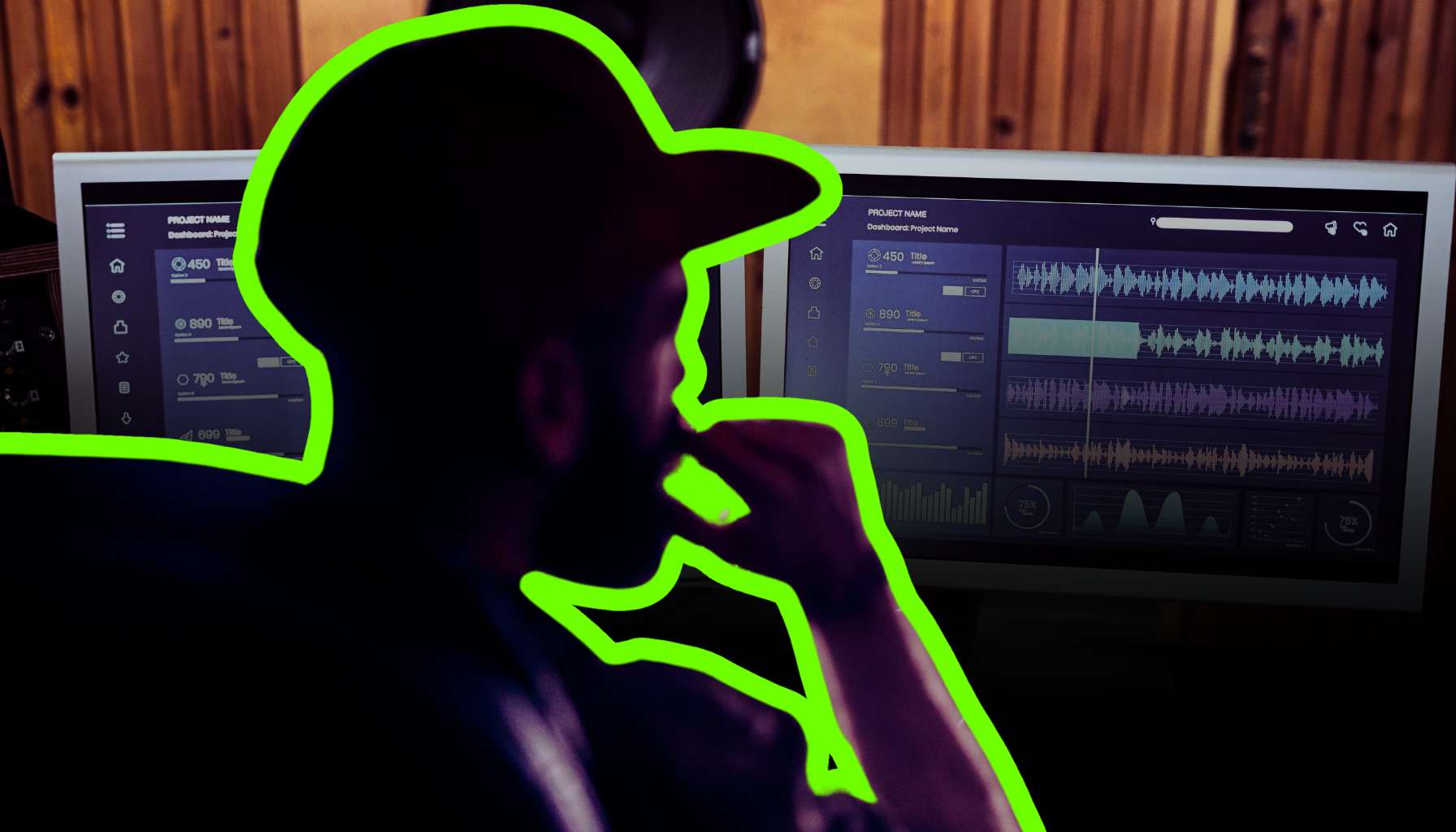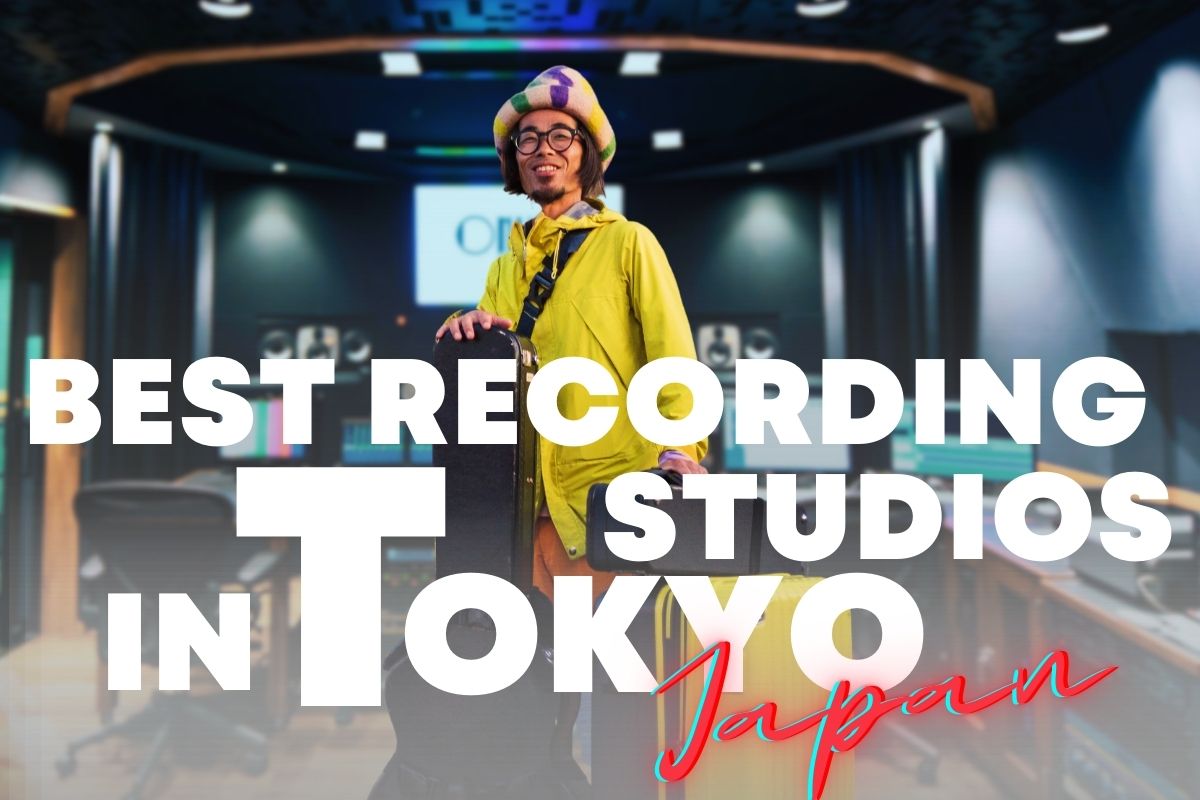Defining Music Libraries and Their Role
Explanation of Music Libraries
Think of music libraries as the matchmakers of the music world. They’re the go-betweens that connect your beats with filmmakers, ad agencies, and TV producers who need quality tunes for their projects. These libraries are like dating apps for your tracks, giving them a chance to mingle with potential suitors in the media landscape.
The Benefits of Getting Music into Libraries
Getting your music into a library is like snagging a backstage pass to the industry. It’s not just about the potential royalties; it’s about getting your sound out there, on TV shows, in commercials, and even indie films. Each play is a shout-out to your talent, and it’s a sweet deal that keeps on giving, long after the initial matchmaking is done.
Importance of Pitching to Music Libraries
Revenue Opportunities for Artists
Let’s talk turkey. Or rather, let’s talk about making it. Pitching to music libraries opens up a revenue stream that flows even while you’re off creating your next masterpiece. It’s like planting a money tree in your backyard, except it’s your music sprouting cash every time it gets picked for a project.
Broader Exposure in Various Media
Exposure is the name of the game, and music libraries are the playing field. They put your tunes in front of the big players – the ones who can turn your track into the soundtrack of someone’s favorite commercial or the haunting melody in a hit series. It’s about reaching ears you didn’t even know were listening.
What to Expect from This Article
Step-by-Step Guide on How to Pitch Effectively
Ready to pitch? Hold your horses, Picasso. There’s an art to this. This article is your step-by-step guide to crafting a pitch that’ll make music libraries swoon. We’re talking the right approach, the perfect playlist, and the kind of first impression that could put your music on the map.
Insights from Industry Professionals
And because we’re not just about theory, we’ve got the inside scoop from industry pros who’ve been around the block. They’ve seen it all – the hits, the misses, and the almost-made-its. Their insights are like gold dust for your pitching strategy, and we’re here to share the wealth.
So, tune up your tracks and get ready to pitch like a pro.
With this guide, you’ll be one step closer to hearing your music where it belongs – out there, making waves in the world.
Understanding the Music Library Industry
Different Types of Music Libraries
Music libraries are as varied as the playlists on your phone. Some are exclusive, meaning they want a monogamous relationship with your tracks – no sharing with other libraries. Non-exclusive ones, on the other hand, are cool with your music playing the field.
Then there are the genre-specific libraries that cater to a niche, while generalist libraries are like the big department stores of music – they’ve got a bit of everything.
How Music Libraries Operate
Ever wonder how music libraries make their money? They operate on licensing models, which means every time your track is used, you get a slice of the pie. It’s like renting out your music to someone’s project. The selection process can be as picky as a cat in a pet food store, so make sure your music stands out.
The Market Demand
Staying on top of trends in music requests is like surfing – you need to catch the wave at the right time. Music libraries often need tunes for specific moods or settings, from chill study playlists to heart-pumping workout jams. They’re also a go-to for background tracks in all sorts of media, so versatility in your music can open more doors.
Understanding the ins and outs of the music library industry is crucial. It’s about knowing where your music fits best and how you can capitalize on that sweet spot. With this knowledge, you’re ready to pitch your music to libraries with confidence, knowing you’re hitting the right notes in a market that’s hungry for fresh sounds.
Preparing Your Music for Submission
Quality and Production Standards
First impressions are everything, and in the music biz, your track’s first play is its audition. Professional recording and mixing are non-negotiable; they’re the sharp suit and tie at a job interview. And let’s not forget mastering – it’s the final polish on your musical gem, ensuring it shines bright like a diamond across all playback systems.
Metadata and Tagging
Imagine a librarian trying to find a book with no title or author – that’s your track without metadata. It’s essential for discoverability, so tag your tracks with relevant details like genre, mood, and tempo. It’s like SEO for music; without it, your track might as well be invisible in the digital stacks.
Creating a Diverse Portfolio
Variety isn’t just the spice of life; it’s your ticket to more opportunities. A diverse portfolio showcasing different genres and moods is like a culinary spread for media professionals – there’s something for every taste. And don’t forget to serve up both instrumental and vocal versions; some projects like it plain, others with a bit of lyrical dressing.
So, before you even think about pitching, make sure your music is dressed to impress. High-quality production, crystal-clear metadata, and a portfolio that shows off your range – these are your tools to stand out in the crowded music library marketplace. Nail these, and you’re not just knocking on the door; you’re ready to kick it down.
Researching Potential Music Libraries
Identifying Suitable Libraries
Don’t just throw your music into the digital abyss and hope for the best. It’s time for some detective work to find your music’s perfect home. Use research methods like scouring industry blogs, tapping into social media groups, and networking with fellow musicians to compile a list of potential libraries. It’s like dating – you want to find a library that gets you, your style, and your ambitions.
Understanding Submission Guidelines
Submission guidelines are the gatekeepers of the music library world. They can be as picky as a gourmet chef, so read them like your career depends on it – because it does. Each library has its own set of preferences, from file formats to thematic content. Ignoring these is like ignoring a stop sign – you might just crash and burn.
Researching music libraries is like assembling a puzzle; you need the right pieces to fit. It’s not just about finding a library but finding the right one that resonates with your musical identity. By doing your homework and understanding what each library is looking for, you’re not just pitching – you’re strategically placing your music where it has the best chance to thrive.
Crafting a Compelling Pitch
Personalization and Professionalism
When it comes to pitching, blasting out generic emails is like throwing spaghetti at the wall and hoping something sticks – not a great strategy. Address the right person by name, and you’re already ahead of the game. Personalize your pitch to show you’ve done your homework on the library you’re targeting. It’s like tailoring a suit; it just fits better.
Clear and Concise Communication
Keep your pitch as tight as a drum. Structure your message to be clear and to the point – no one has time for a rock opera when a catchy single will do. Include essential information like your music style, why it’s a good fit for their catalog, and any previous placements or successes. Think of it as your elevator pitch; make every second count.
Demonstrating Value
Show them the money – metaphorically speaking. Articulate the appeal of your music and how it can add value to their library. Highlight your unique selling points, whether it’s your cult following on social media or your track’s fit for a trending genre. Make them feel like they’re missing out if they don’t add your tunes to their collection.
Remember, a compelling pitch can be the golden ticket to getting your music heard and earning passive income through placements. So, put on your marketing hat, and sell your music like it’s the hottest ticket in town. With a pitch that’s personalized, concise, and value-packed, you’ll be sure to grab the attention of music library curators and take a significant step forward in your music business and marketing journey.
Submitting Your Music
Preferred Formats and Delivery Methods
Now that you’ve crafted a pitch that could sell ice to Eskimos, it’s time to talk logistics. Digital submissions are the norm in this high-speed world, so ensure your files are in a widely accepted format like MP3 or WAV. Think of it as choosing the right attire for your music – you wouldn’t show up to a ball in board shorts, right?
Following Up After Submission
Patience is a virtue, but so is persistence. Following up shows you’re serious about your craft, but there’s a fine line between being persistent and being a pest. Wait a respectful amount of time, then send a polite follow-up email. It’s like a gentle nudge, not a full-on shove.
Submitting your music is the final act of the pitch process, but it’s as crucial as the opening number. Get the format right, follow the delivery instructions to a T, and handle the follow-up with the finesse of a diplomat. Do these right, and you’re not just knocking on the door of opportunity – you’re leaning on the doorbell.
Building Relationships with Music Libraries
Networking and Industry Presence
Imagine music libraries as a garden, and networking as the water that helps relationships bloom. Attending industry conferences and events is like having a backstage pass – you get to mingle with the movers and shakers. Online networking opportunities are also gold mines. Slide into those DMs, join forums, and participate in webinars. It’s about who knows you, not just who you know.
Maintaining Communication
Once you’ve made a connection, don’t be a one-hit-wonder. Regular check-ins keep you on the radar, and sharing new releases or achievements is like dropping a fresh album – it keeps the crowd wanting more. Think of it as a jam session; you’re building a rapport and keeping the groove going.
Building and nurturing relationships with music libraries is like crafting a hit song – it takes time, effort, and a bit of soul. By showing up, making your presence known, and staying in tune with your contacts, you’re setting the stage for a long-lasting career in the music business and marketing world. So, keep those relationships harmonious, and watch your music career hit the high notes.
Legal Considerations
Understanding Contracts and Agreements
Let’s talk contracts – not the most rock ‘n’ roll topic, but ignoring the fine print can lead to a symphony of trouble. Before you sign on the dotted line with a music library, read every clause like it’s a setlist for your biggest gig. Common contractual clauses include exclusivity, term length, and rights granted. It’s like a prenup for your music; you want to know what you’re committing to.
Rights and Royalties
Now, onto the part that makes the world go round – money. Keeping track of your earnings is essential, and understanding how royalties work will ensure you’re not playing for pennies. Retaining rights to your music is like holding onto your guitar during a stage dive; it’s your lifeline. Know where your music is being played and how you’re being compensated for it.
When it comes to music business and marketing, legal know-how is your backstage pass to safeguarding your interests. By getting to grips with contracts and royalties, you’re tuning your career for long-term success. So, before you riff into the sunset, make sure your legal ducks are in a row – it’s the encore your music career needs.
Tips for Success and Common Pitfalls
Best Practices for Long-term Success
Consistency is the DJ that keeps the party going. Keep your submissions top-notch, from production to metadata. And just like music trends, the industry changes. Stay in the loop with music marketing strategies and library demands. It’s like updating your playlist; you don’t want to be stuck in the ’90s unless it’s a throwback Thursday.
Avoiding Common Mistakes
Overpitching is like replaying the same track until your friends beg for mercy – don’t do it. Tailor each submission; libraries can smell a mass email from a mile away. And remember, guidelines are there for a reason. Ignoring them is like ignoring a stop sign – it’s bound to lead to a crash.
Mastering the art of pitching to music libraries is like tuning your guitar – it takes practice, but once you get it right, the sound is sweet. Dodge the common blunders, keep your submissions fresh, and you’ll be more than just background noise in the bustling music business and marketing scene. Rock on, but do it smartly.
FAQs: Navigating the Music Library Maze
How long does it take for a music library to get back to you after your pitch?
It’s like waiting for a text after a first date – it can vary. Typically, give it a few weeks before you follow up. And should you play the field or stay loyal to one library? Diversify your pitches; it’s like having multiple streams of income.
Can you pitch cover songs or samples?
It’s tricky – like performing a high-wire act without a net. You’ll need the proper clearances and rights, so it’s often best to stick to original material. And if your music gets the thumbs down, don’t sweat it. Learn, improve, and pitch again. Rejection is just redirection.
How do you increase the chances of your music being used in media?
Quality is king, and versatility is the queen. Provide both vocal and instrumental versions, and ensure your tracks are mixed and mastered to perfection. It’s like cooking; the right ingredients and presentation make your dish irresistible.














